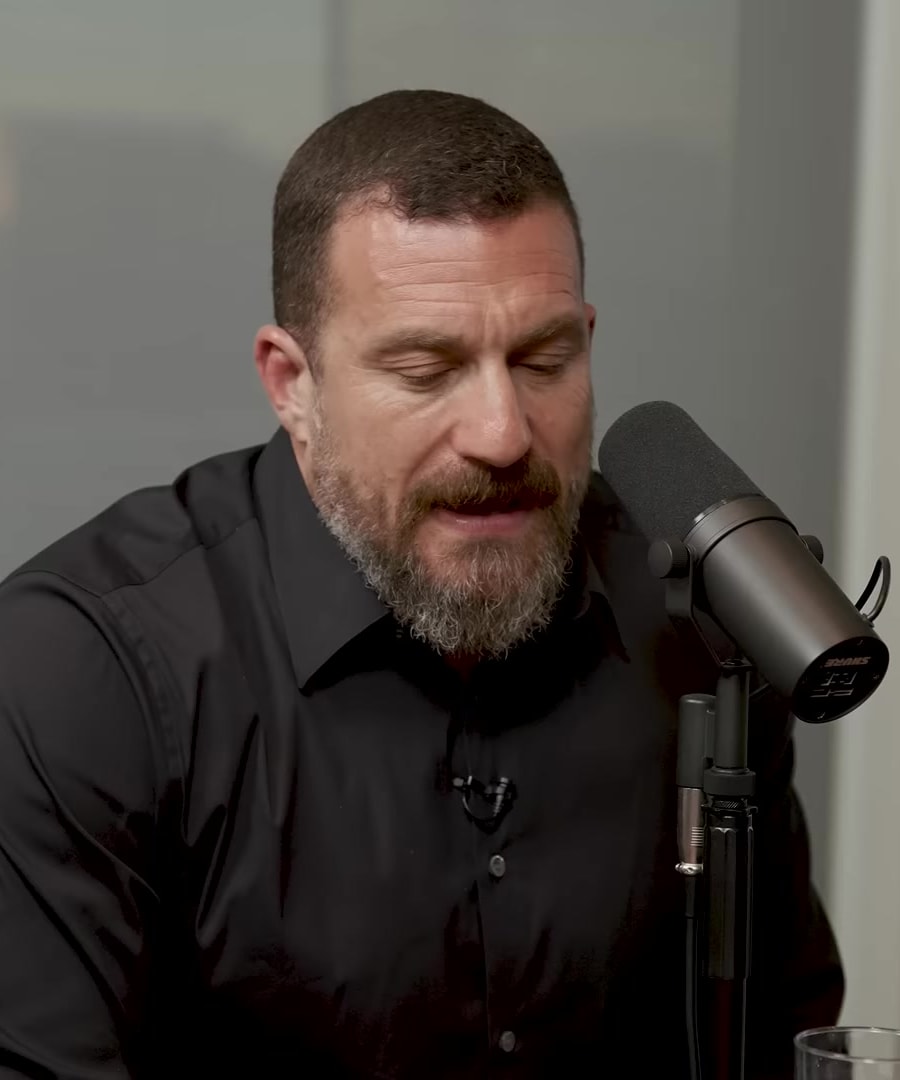What affect does alcohol have on sleep?
Sources:
Alcohol has several negative effects on sleep, as explained on the by and guest :
-
Fragmenting Sleep: Alcohol activates the autonomic nervous system, increasing the number of awakenings throughout the night, making sleep less continuous and restorative. These awakenings can lead to not feeling restored by sleep the next day 1.
-
Reducing REM Sleep: Alcohol is potent at blocking rapid eye movement sleep, which is critical for certain cognitive functions, emotional and mental health, learning, and memory 1.
-
Disrupting Sleep Architecture: Alcohol disrupts the architecture of sleep, affecting slow-wave sleep, deep sleep, and REM sleep. Sleep induced by alcohol is often considered pseudosleep because it's not restorative, leading to a feeling of a hangover the next day 2.
-
Alcohol as a Negative Health Factor: Apart from sleep, more than two alcoholic drinks per week can have negative health effects, as alcohol is toxic to cells 3.
-
Timing of Consumption: The impact of alcohol on sleep is also time-dependent. Drinking alcohol closer to bedtime has a greater negative effect on sleep quality than drinking many hours before 4.
-
REM Sleep Suppression: Alcohol also suppresses REM sleep and the important transition to REM involving sleep spindles critical for memory consolidation 5.
-
Dependence and Sleep Disruption: Regular reliance on alcohol or THC to fall asleep disrupts the total pattern of sleep and leads to suboptimal sleep architecture 6.
-
Disruption of Sleep Sequencing: Alcohol and THC disrupt the overall sequencing of more slow-wave sleep early in the night and more REM sleep later in the night 7.
To minimize these disruptive effects, it's essential to avoid consuming alcohol within several hours before sleep.
RELATED QUESTIONS-
What affect does alcohol have on sleep?
- RELATED QUESTIONS






